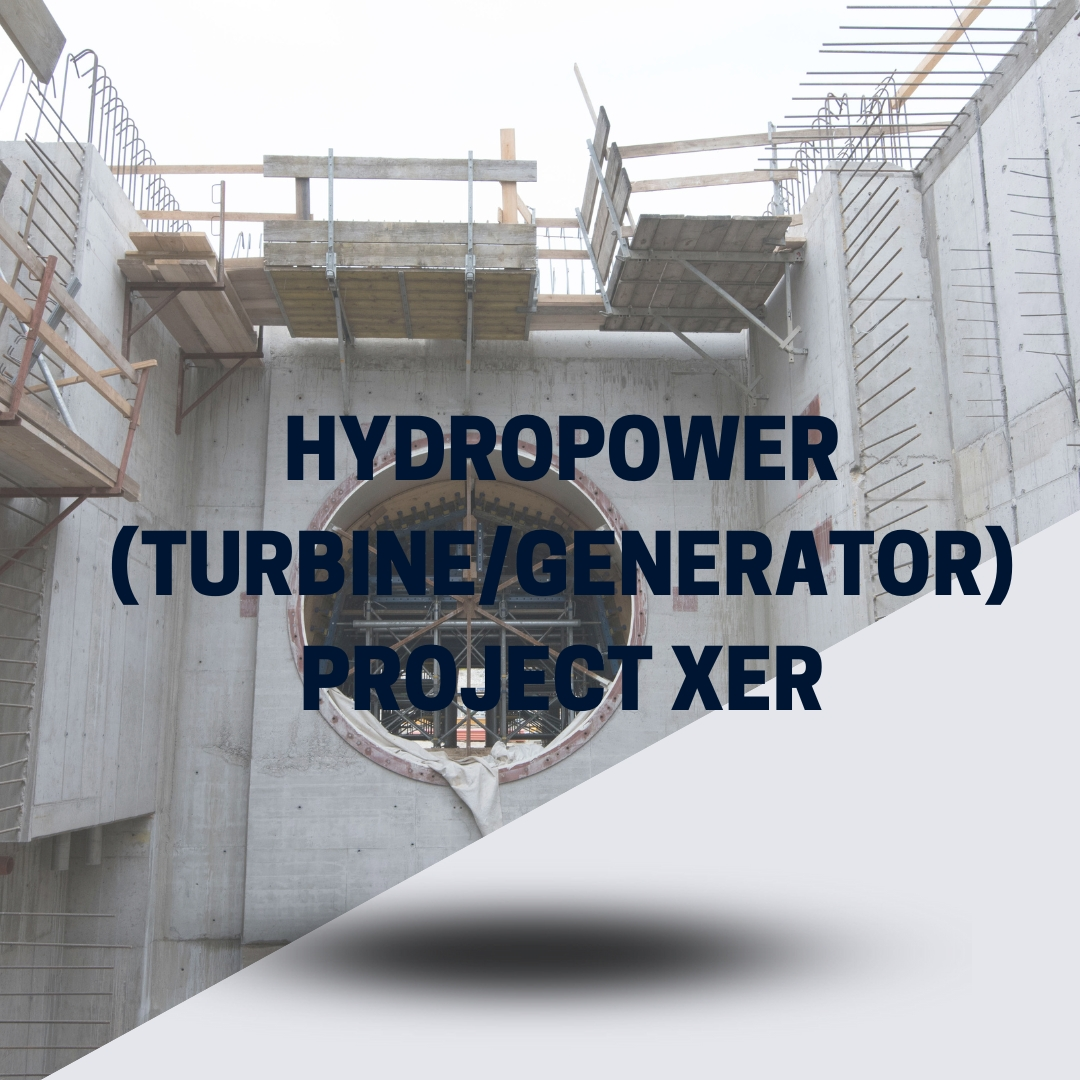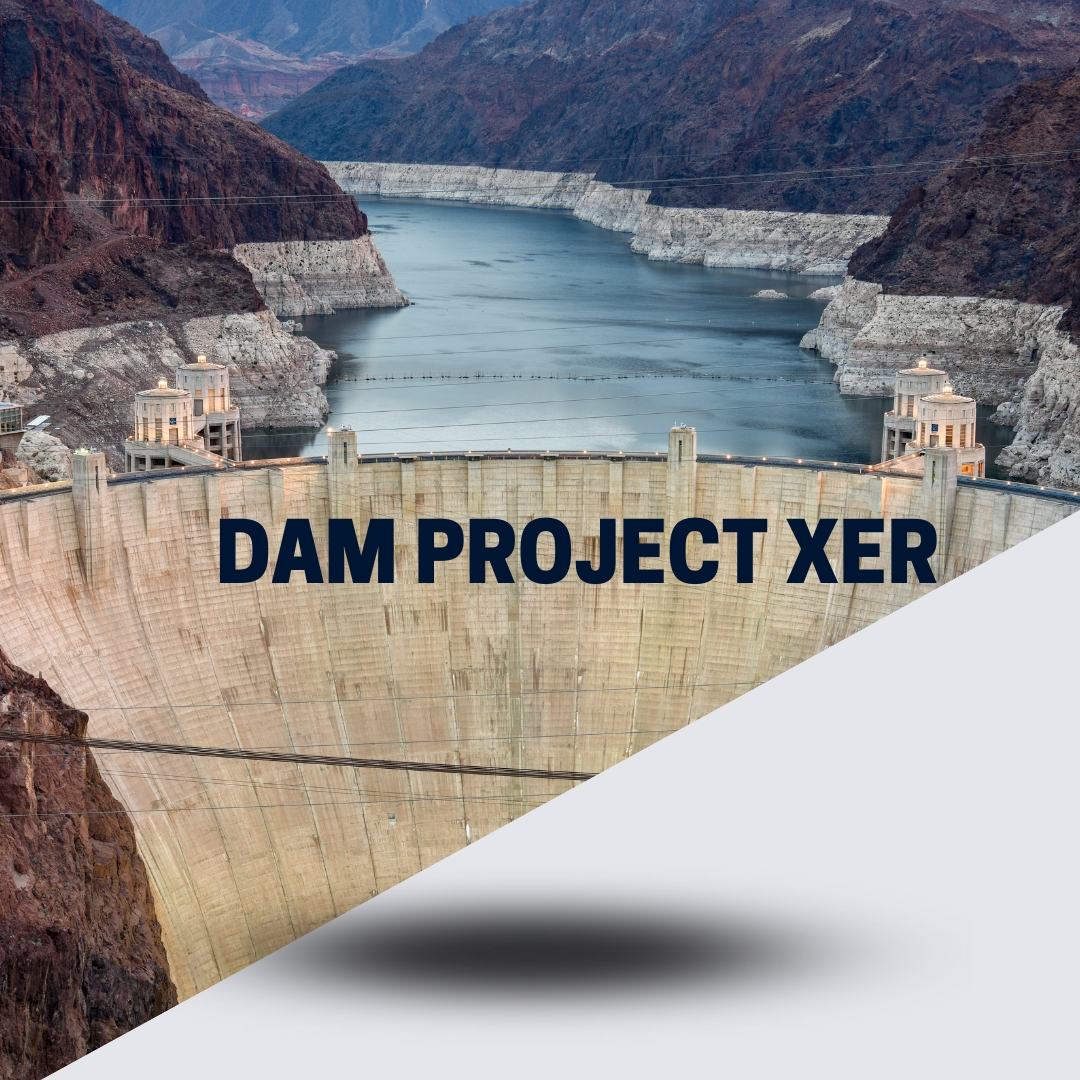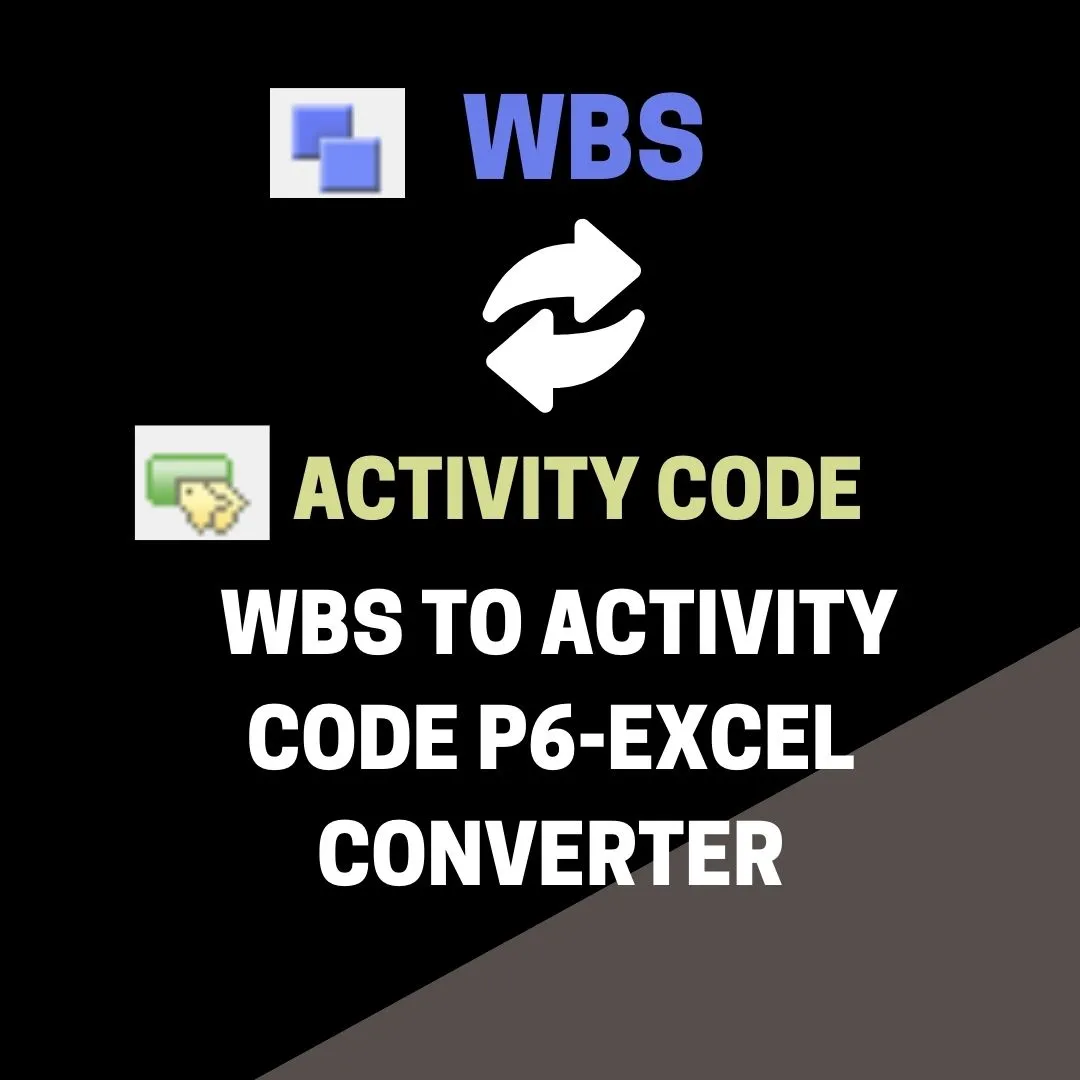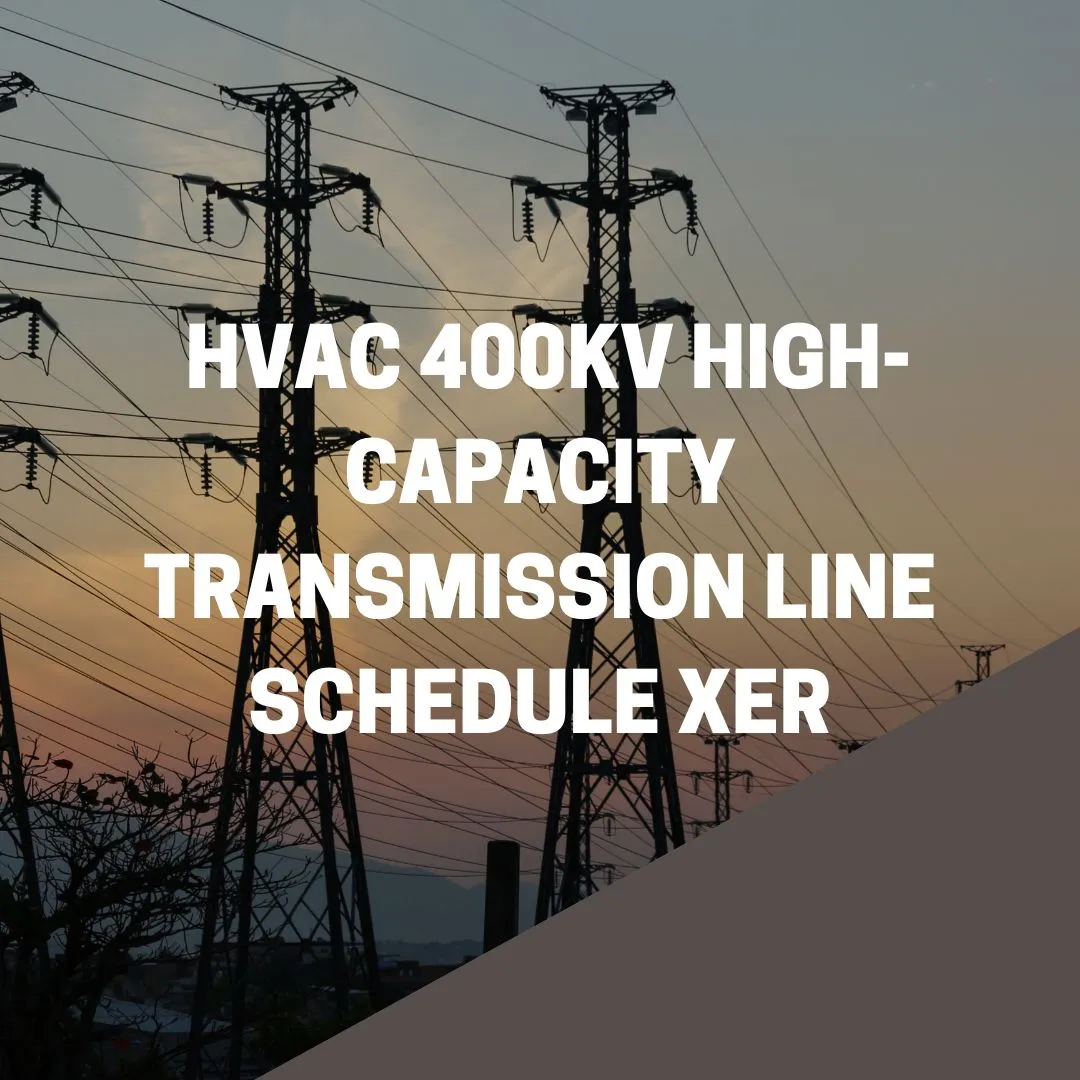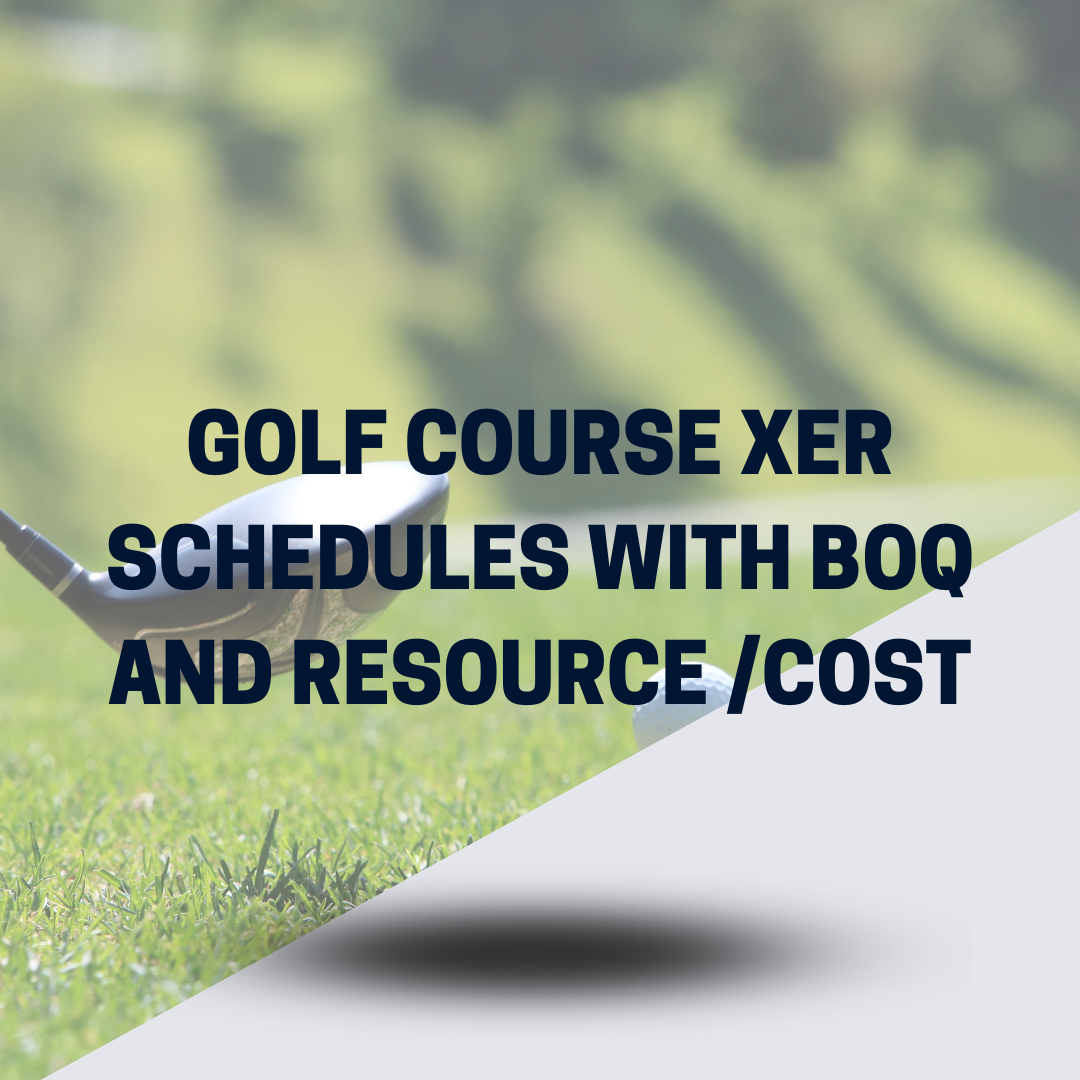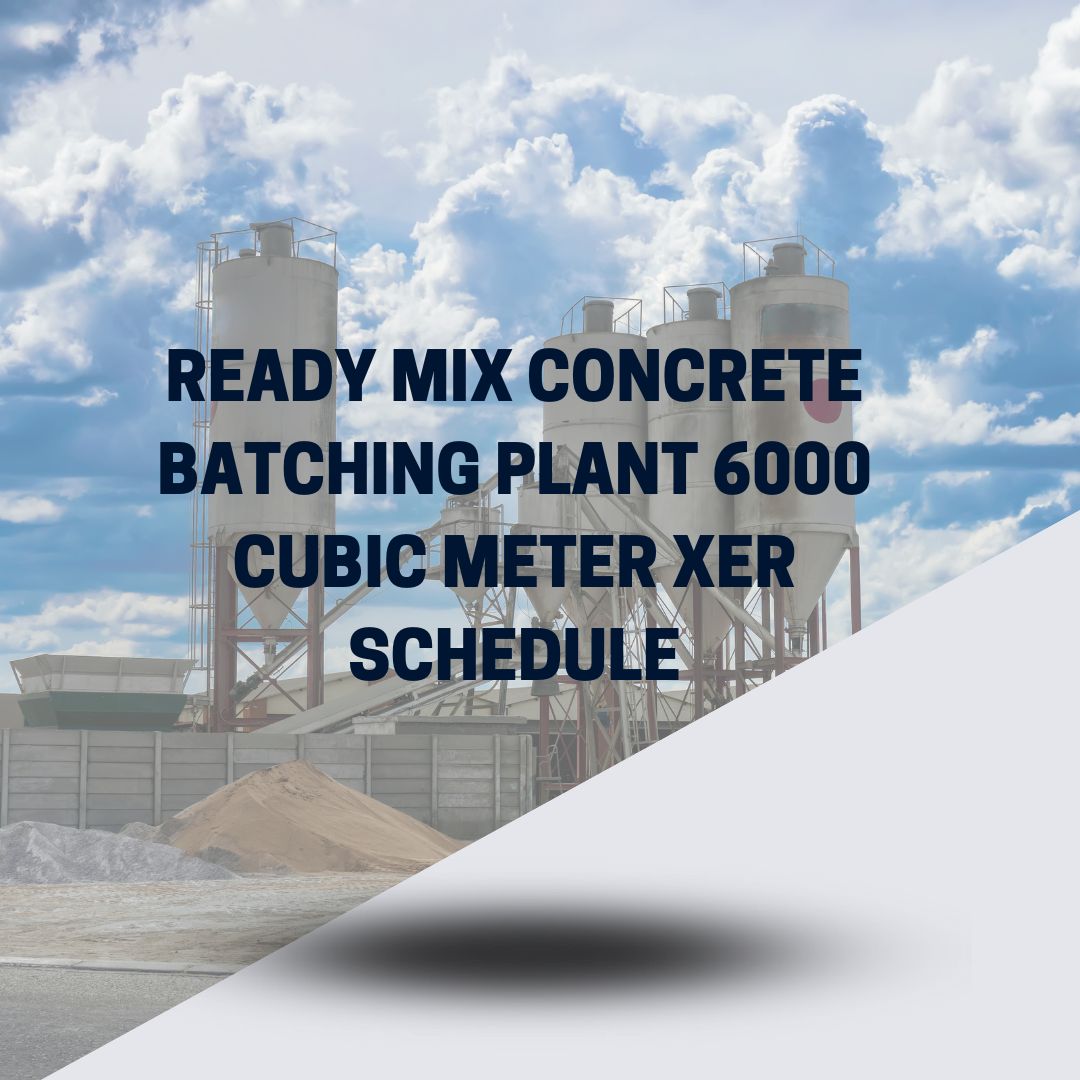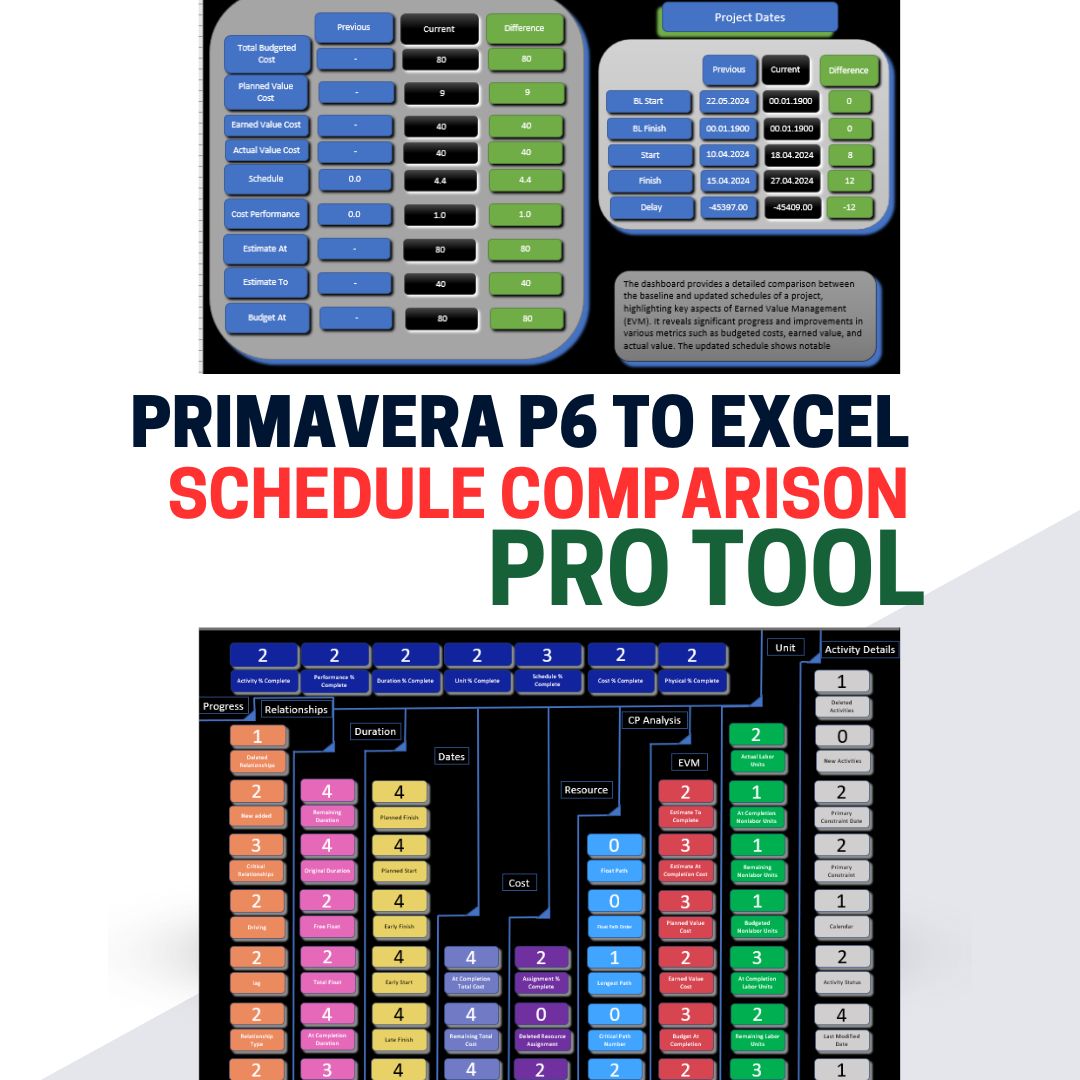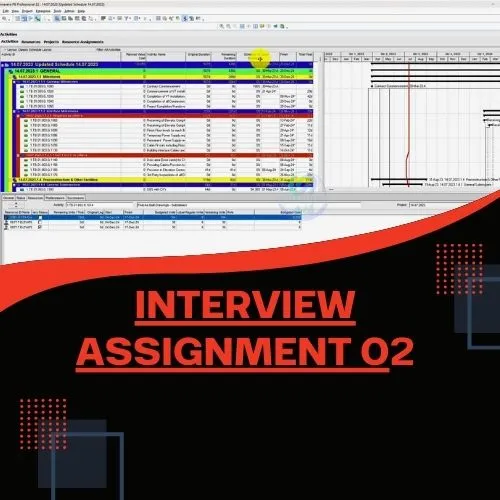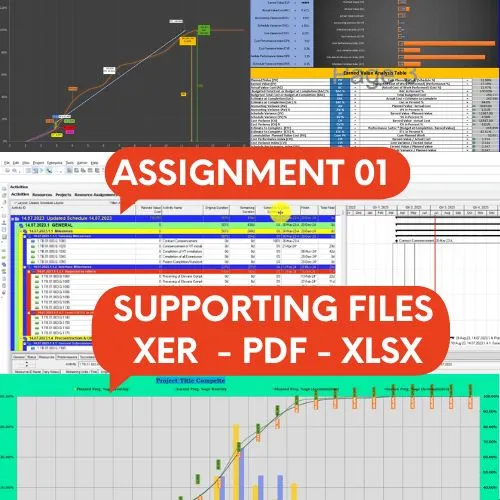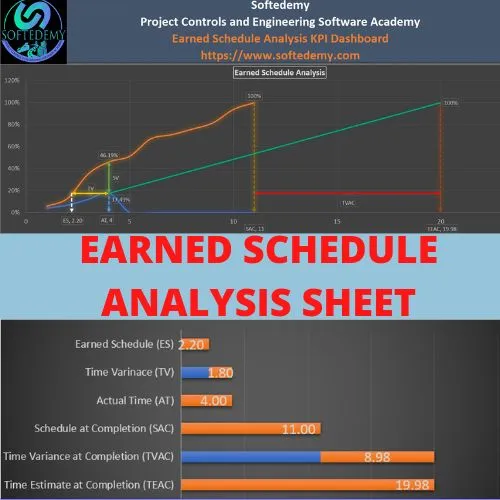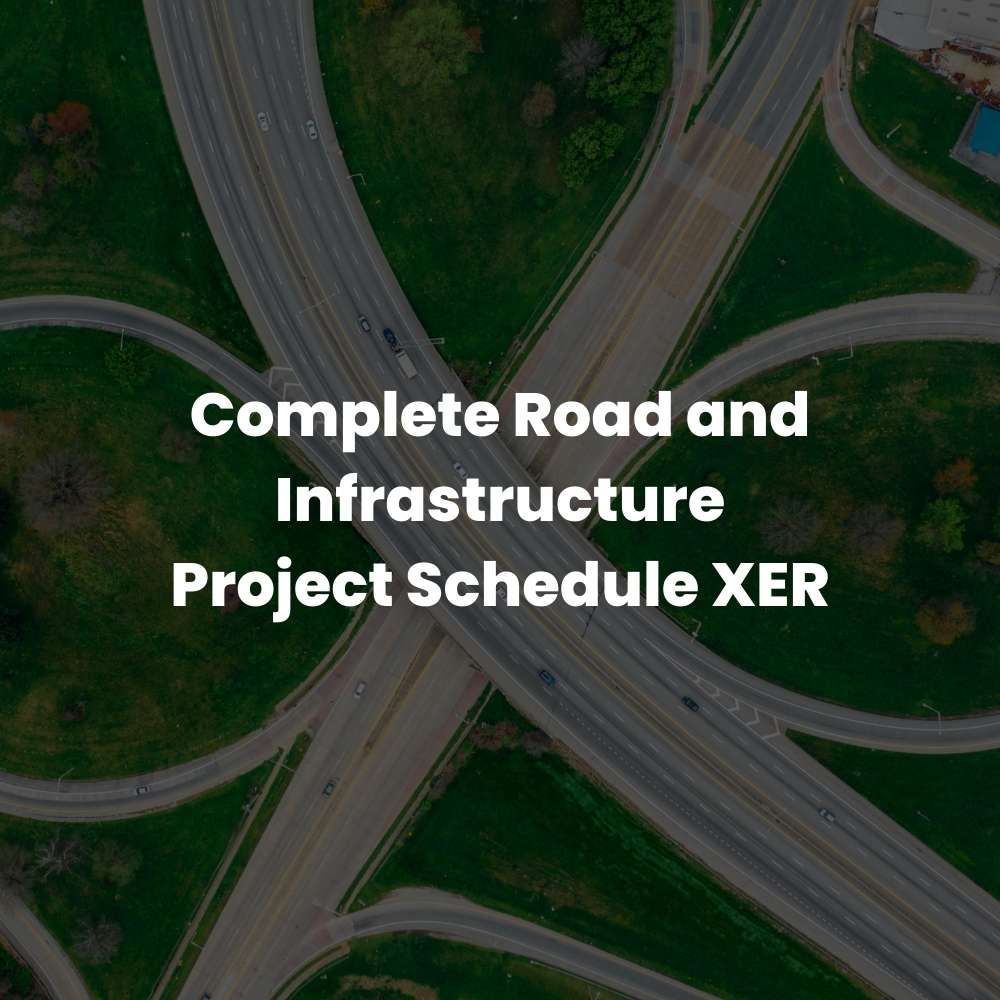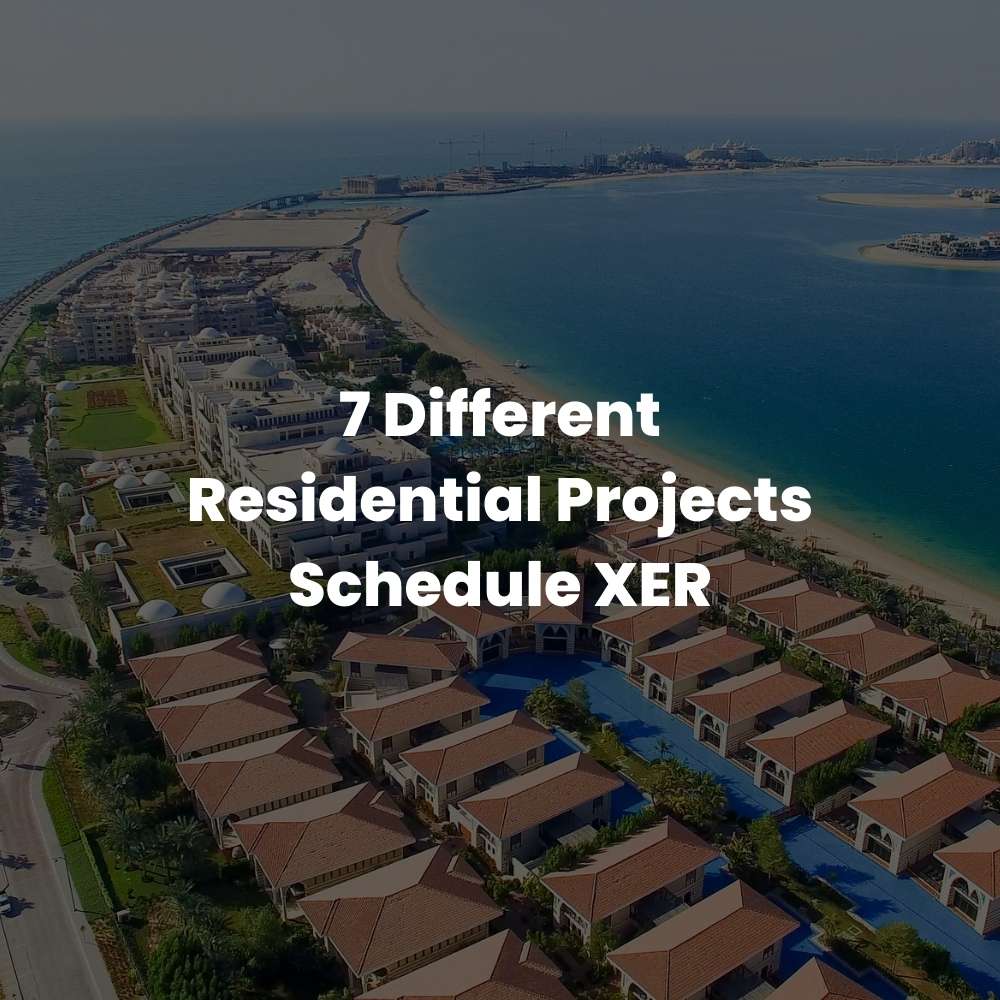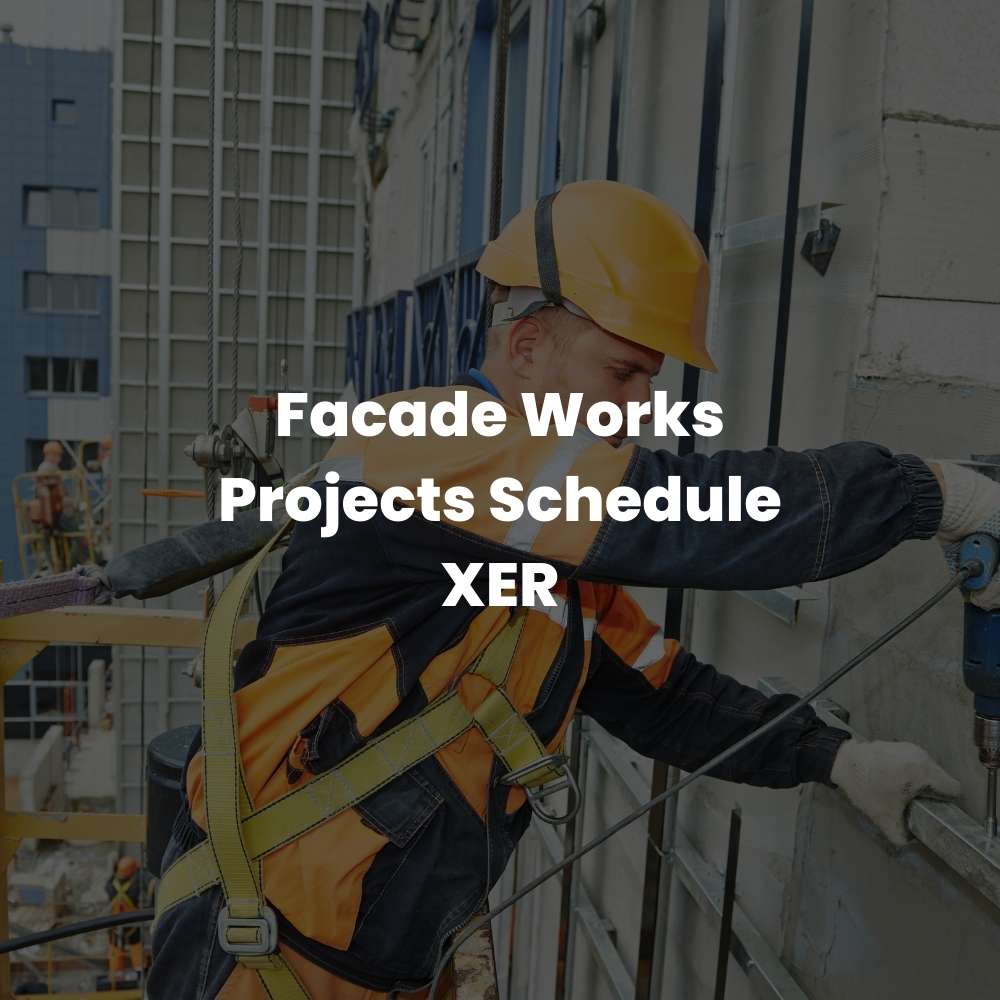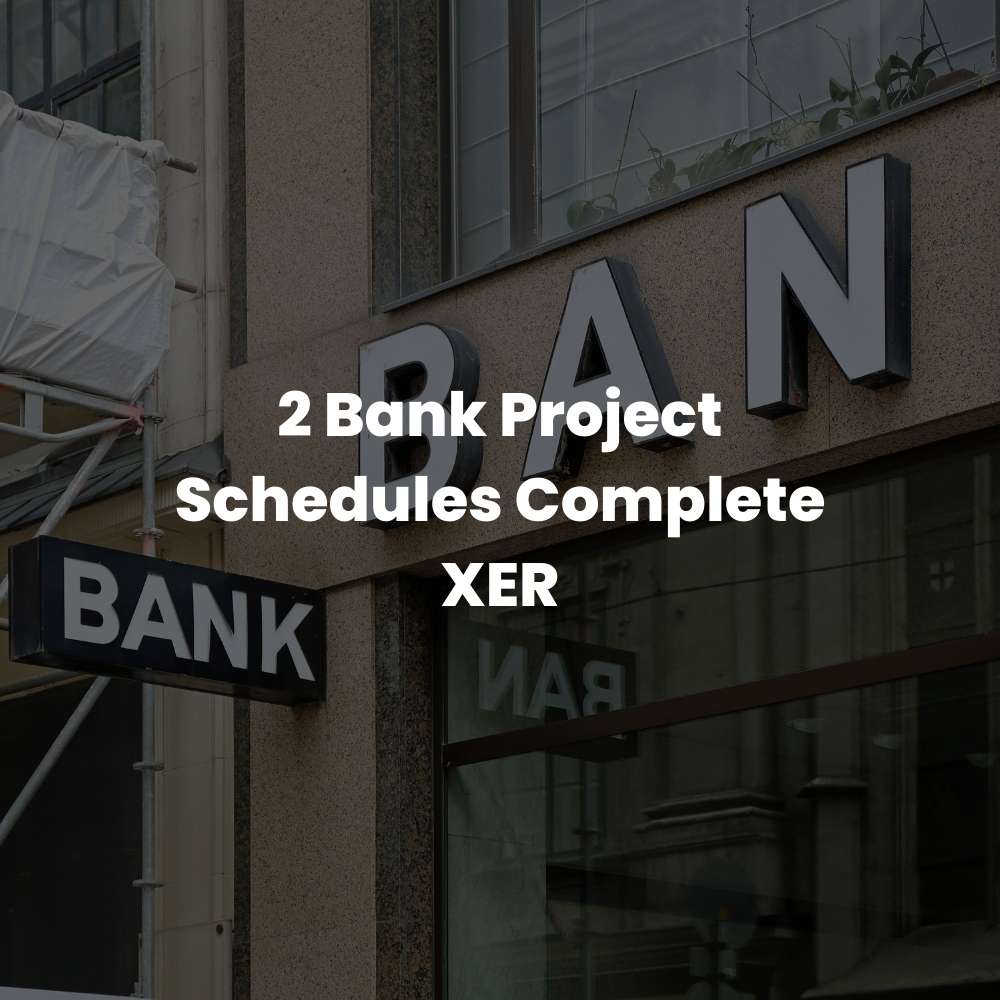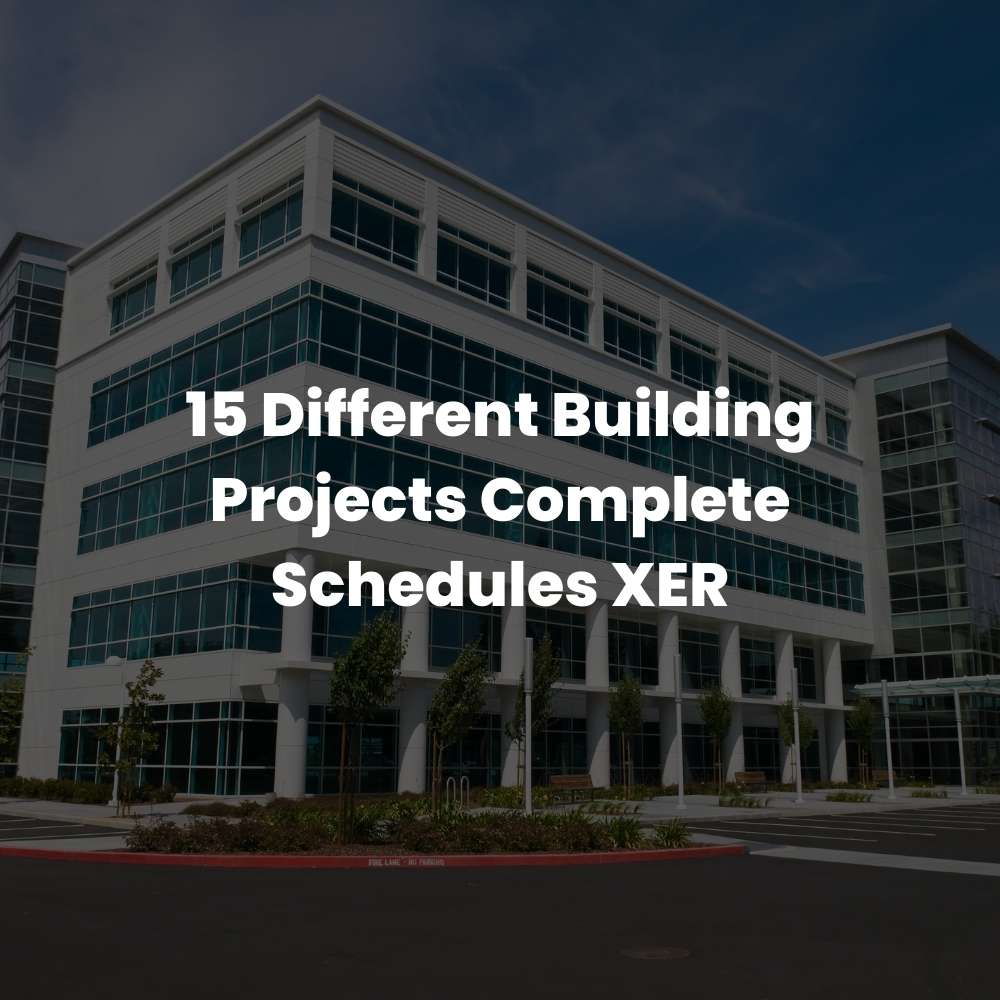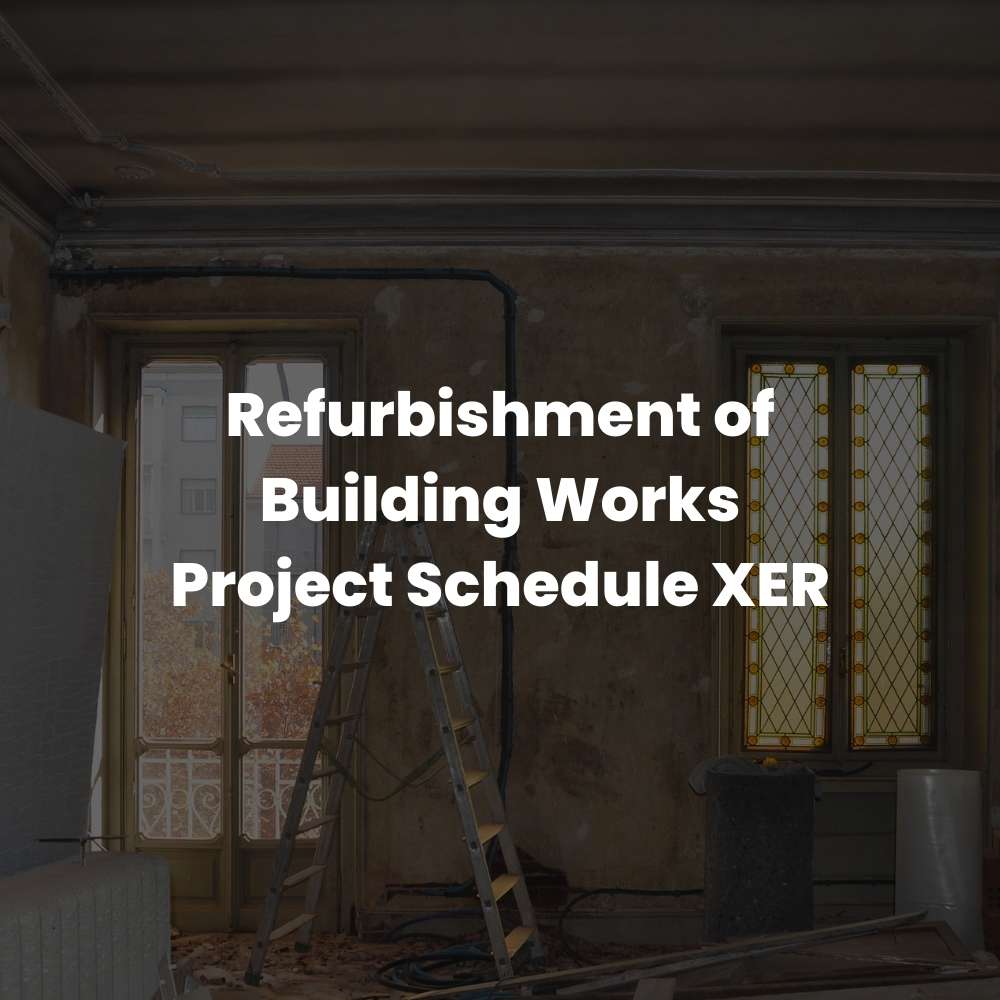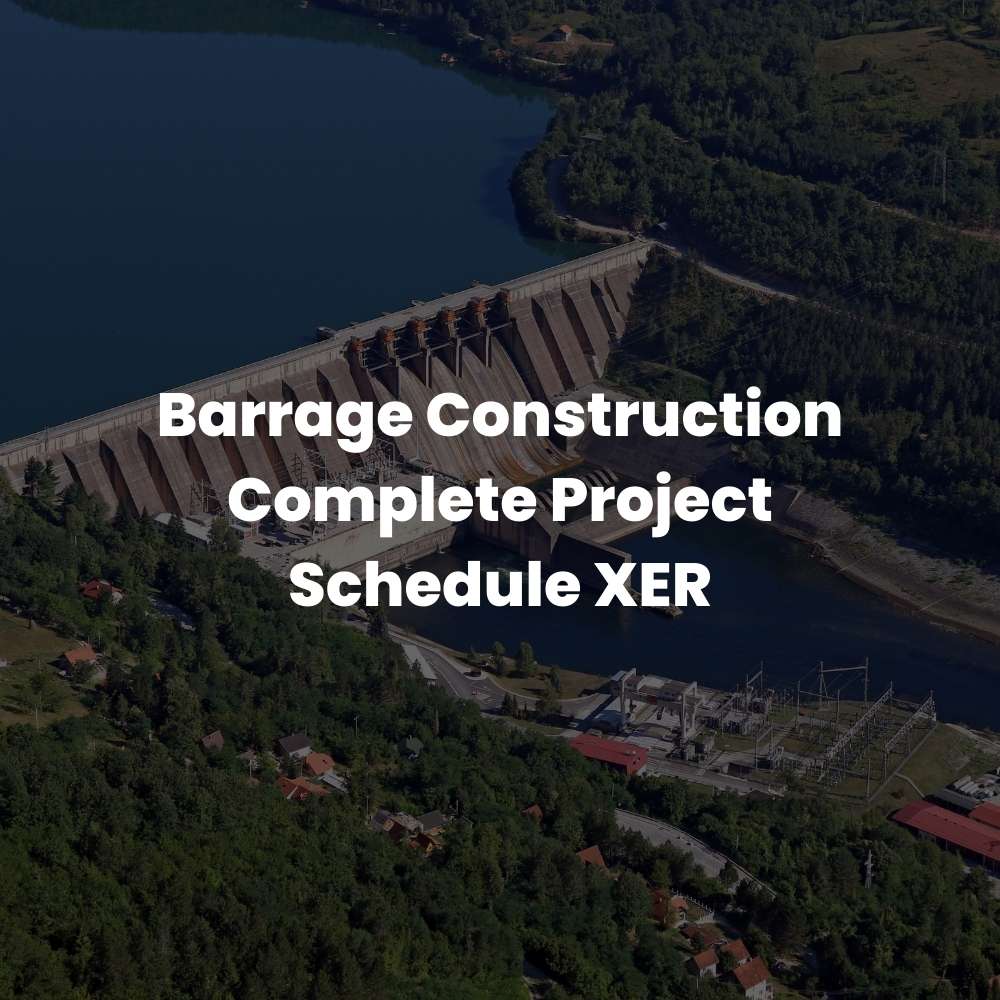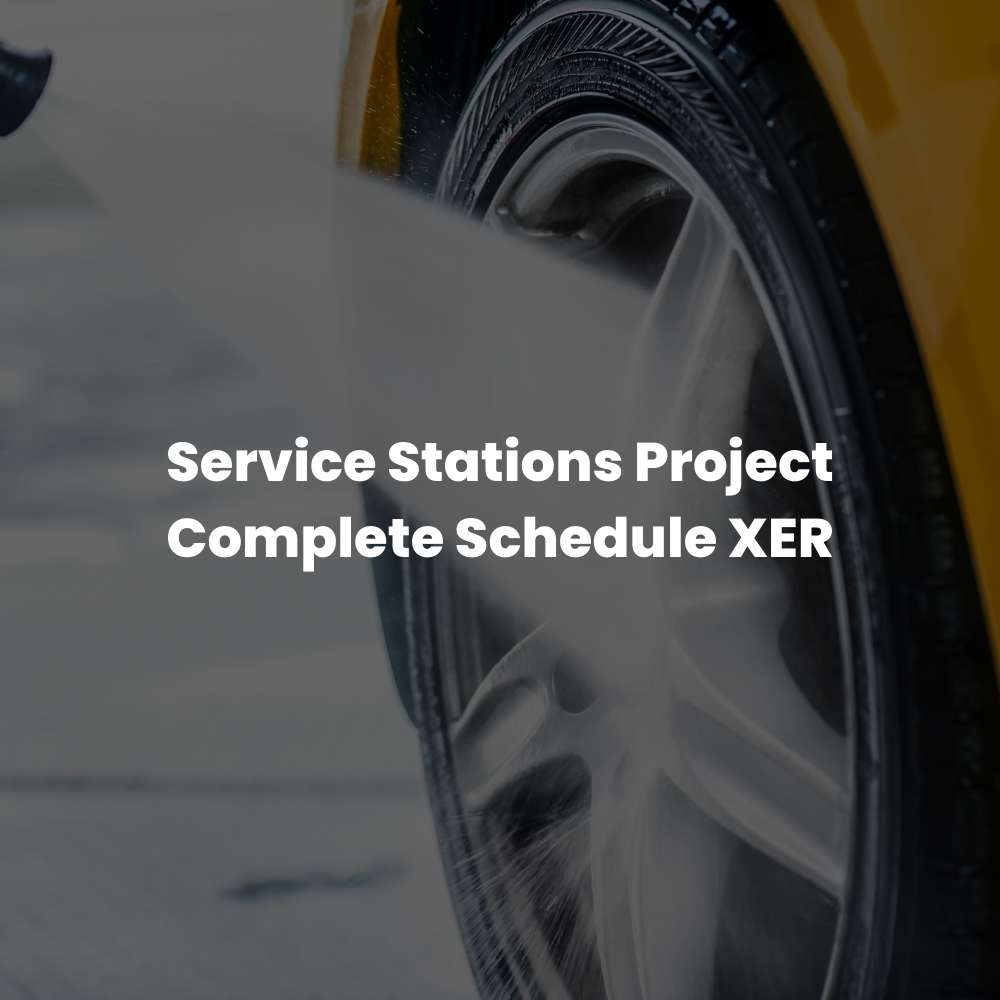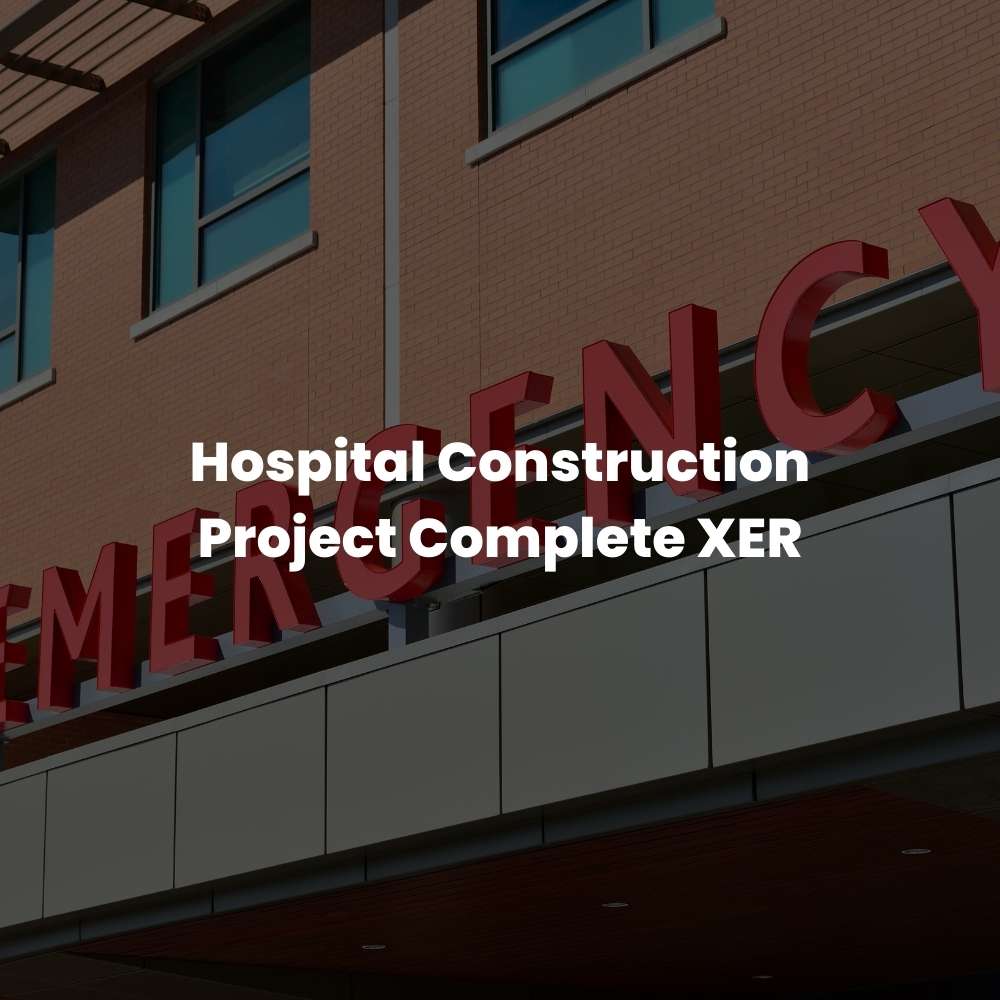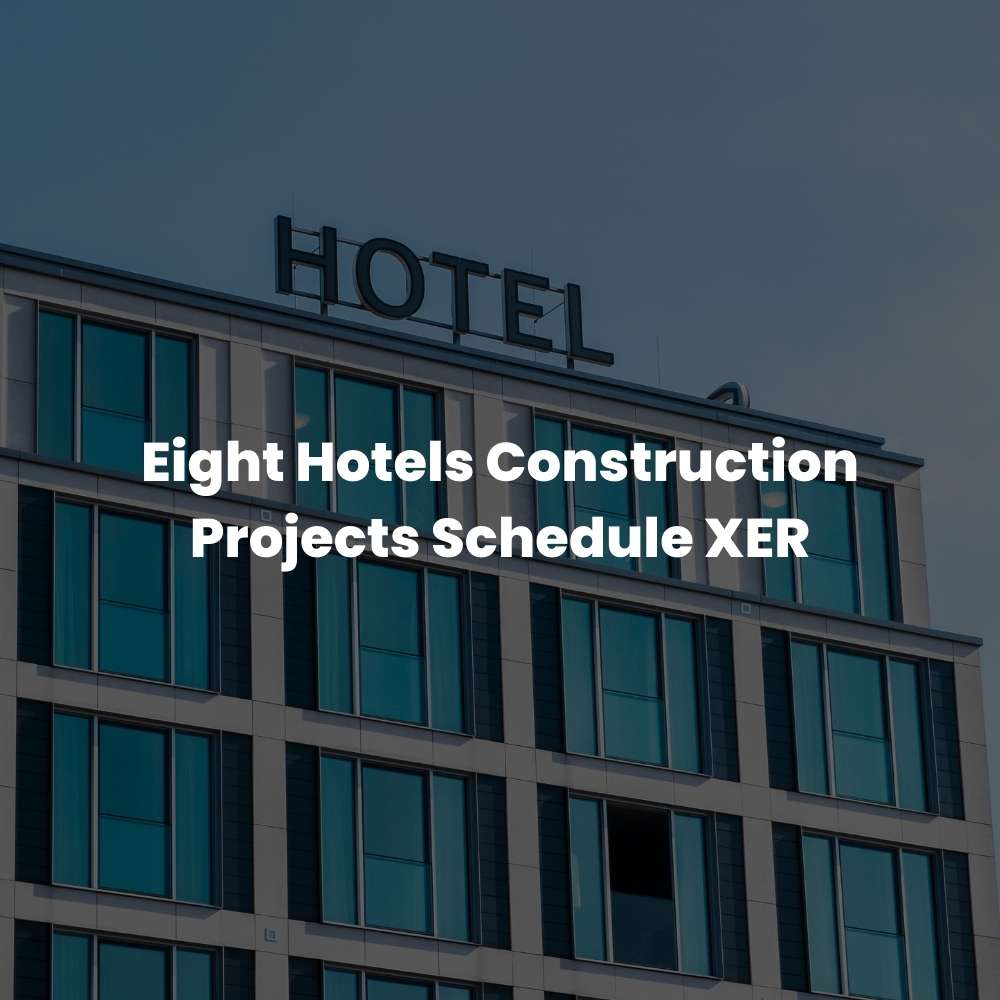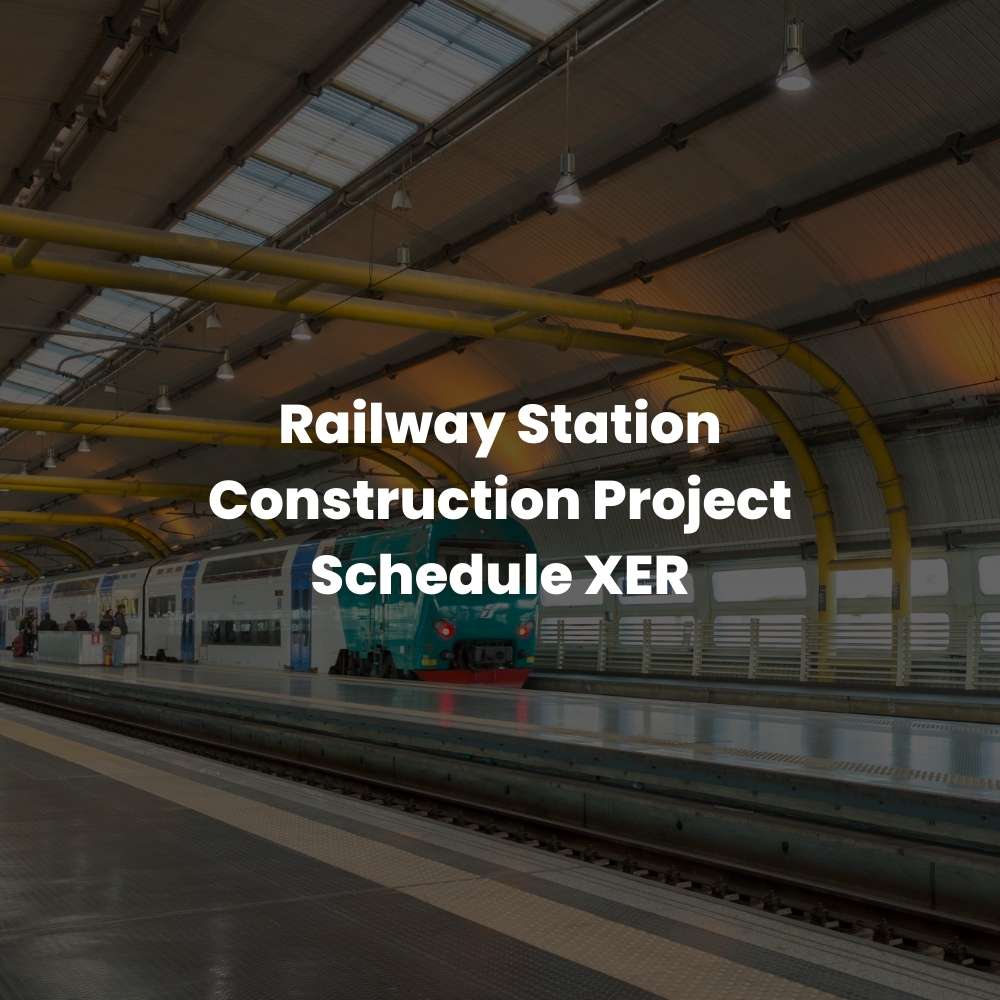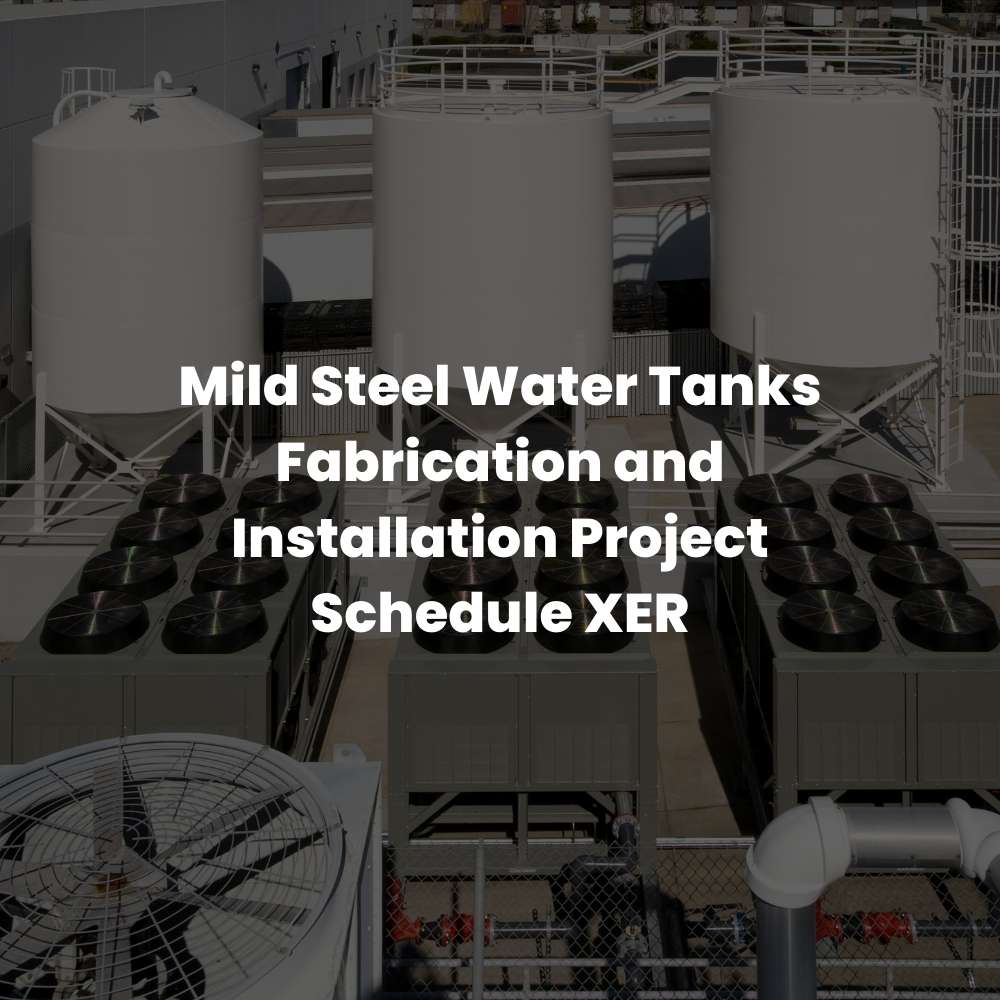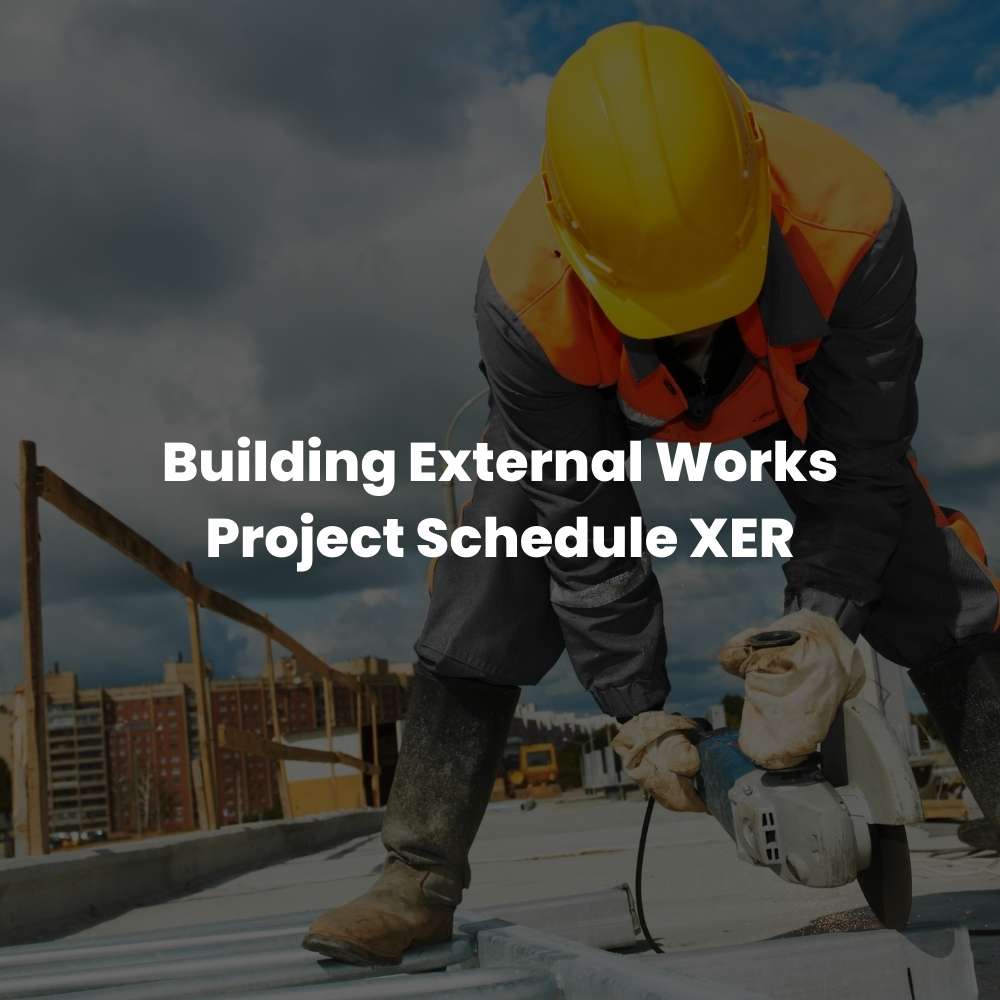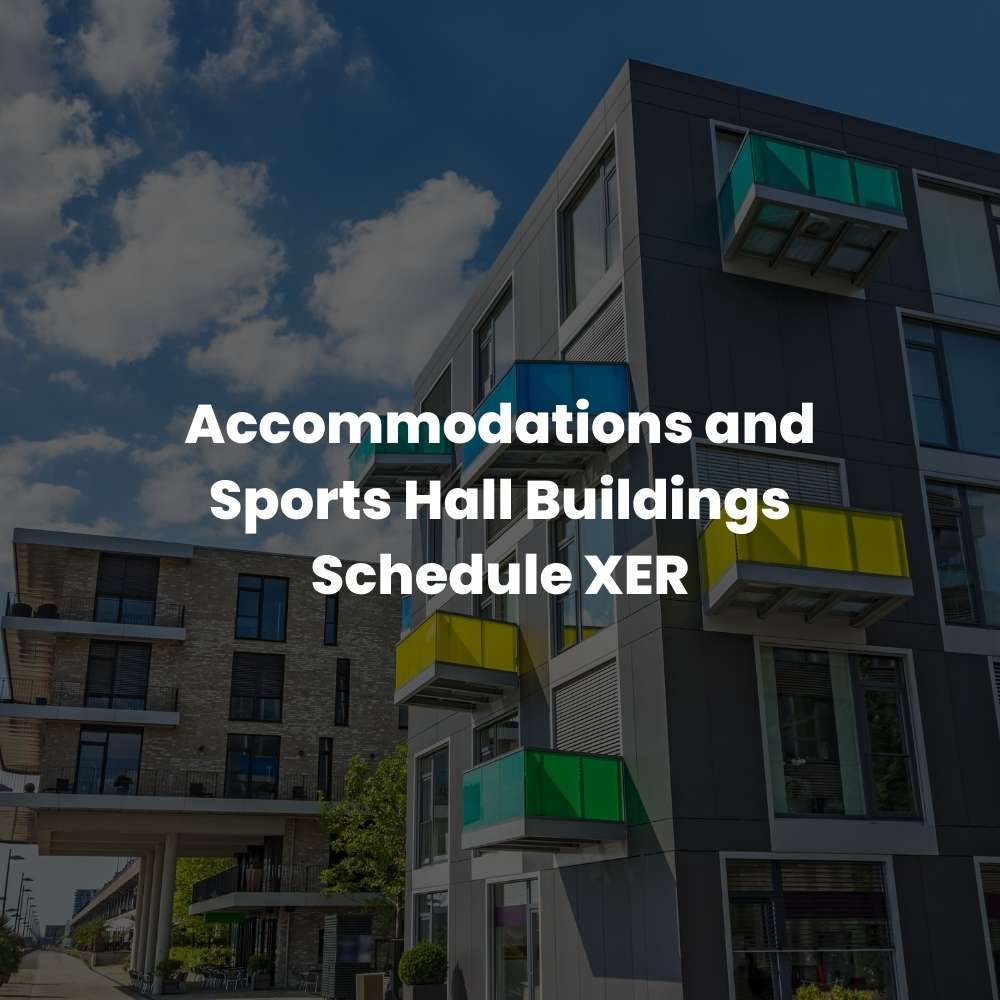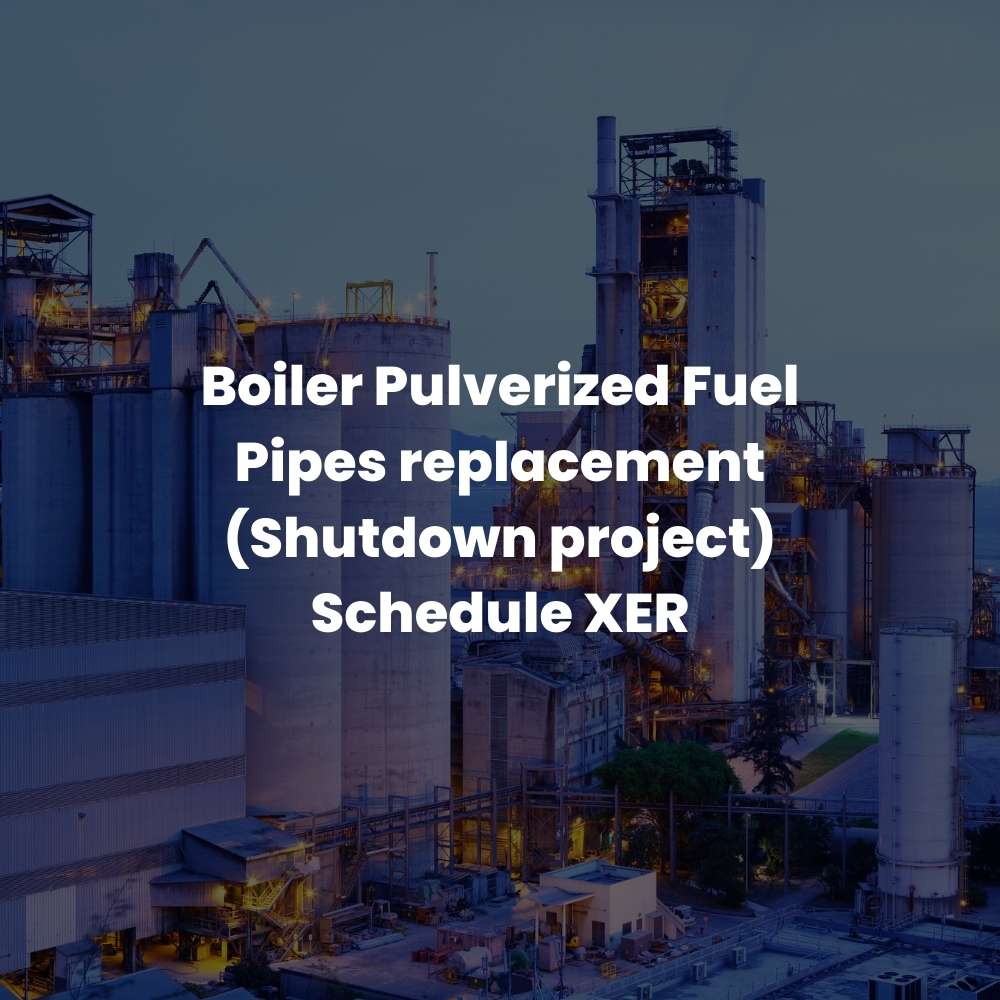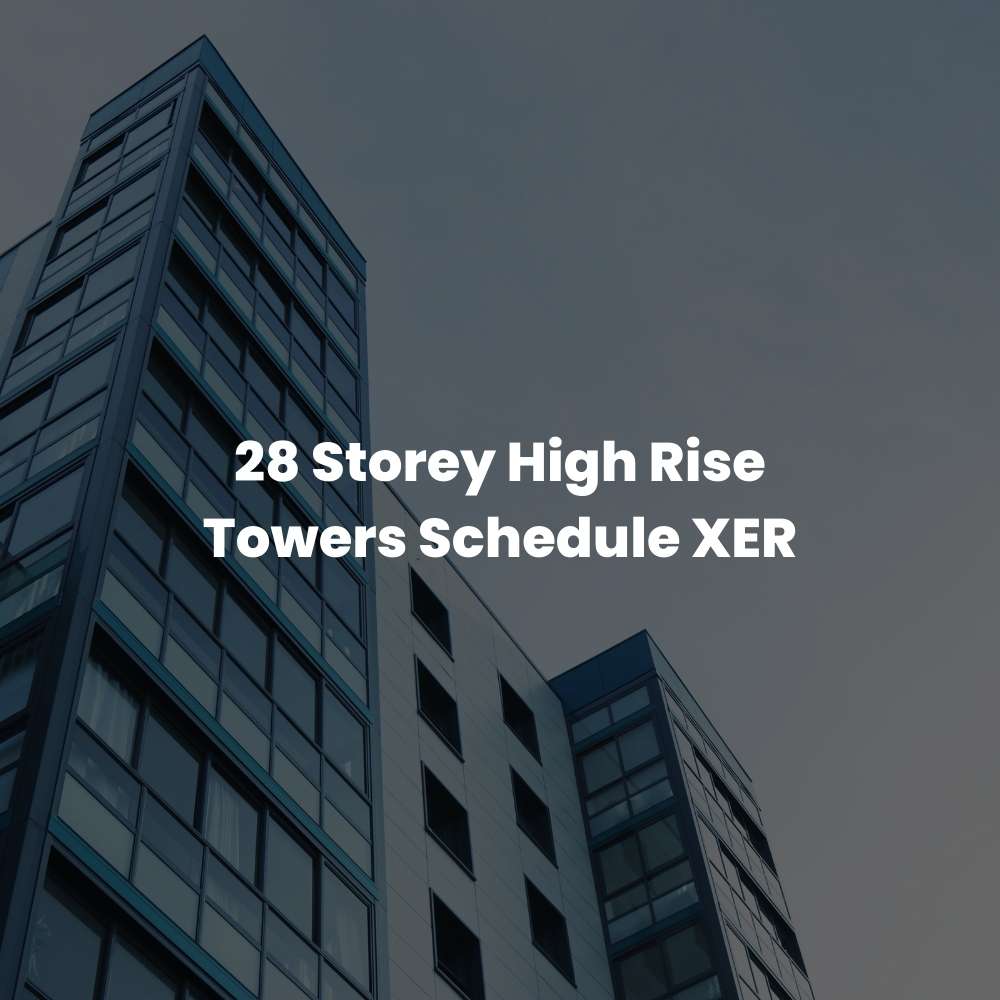
Introduction
In the construction industry, commissioning is a term that refers to all of the activities involved in getting equipment, systems, and facilities up and running in accordance with the design criteria. Commissioning is typically done by a dedicated team of experts who work together to get a new building ready for occupancy. This process generally involves coordinating with other parties such as architects and engineers, drafting plans, executing pre-commissioning tests and inspections, completing punch lists (or closing out open items), preparing operations manuals, and training staff on how to operate things like HVAC systems or elevators. If you would like to learn more about how this process can be applied to your next project, keep reading – we have put together an easy-to-follow guide that explains each stage of commissioning from start to finish!
Stage 1 – Initial Planning
Who is responsible for commissioning in construction projects?
The owner usually appoints a project manager, who then takes responsibility for commissioning. In larger projects the site staff may also be appointed by an architect or design engineer and will work under the direct supervision of the project management team or sub-contractor. The contractor is also involved throughout this stage as they are responsible for ensuring that their subcontractors are adequately trained and certified to carry out their function.
How do you know when a project is complete?
This question is particularly important when it comes to large-scale building schemes where there may be several contractors working on different parts of one building structure at any given time – even though they all work under one roof sometimes! To avoid confusion over where you stand in terms of completion: It’s best practice to have agreed upon milestones within your contract with each party involved (i.e., subcontractors) so that everyone knows how far along everything has progressed at various points during execution as well as afterwards when final inspections take place around completion date before handing over keys/codes etc..
Stage 2 – Pre-Commissioning
Pre-commissioning is the second stage of a commissioning project. It is an important phase that helps to get ready for the upcoming commissioning stage. Pre-commissioning activities are carried out before the commissioning stage starts, and they must be performed by a dedicated team of people who have been selected for this purpose.
It is essential to make sure that a project team performs pre-commissioning activities before starting with actual commissioning work. The main objective of pre-commissioning is to ensure that all systems involved in a building’s operation are working properly before they become operational at their full capacity and speed, thereby reducing cost and improving performance levels after completion of construction works
Stage 3 – Commissioning
Commissioning is a term used to describe the set of activities that take place at the end of a building project. It ensures that all systems and equipment are working correctly, which makes them safer for use.
The Construction Commissioning Association (CCA) says there are seven key functions in commissioning:
- Effective quality management & auditing
- Achieving goals & preventive maintenance strategies
- Commissioning leadership team roles & responsibilities
- How to get started with commissioning?
Stage 4 – Handover
Commissioning is the first stage of construction. It is a process, not a deliverable. Commissioning is complex and long term with continuous involvement from the owner or operator throughout the life cycle of a building or project.
It’s important to understand that commissioning is more than just designing, installing and testing. Commissioning involves identifying all aspects required to design, install and test everything in your new facility so they can operate as intended over their lifetime.
Commissioning should begin as soon as possible after an initial decision has been made on whether to proceed with construction – this helps ensure that any potential issues are identified early on so they don’t delay completion or increase costs later on down the line (and gives everyone involved plenty of time).
Stage 5 – Warranty
When you’re commissioning a project, there are five main things you need to guarantee:
- Completion of the project to required standard
- Completion on time
- Completion within budget
- Safety for all workers and visitors on site at all times (including compliance with health and safety legislation)
- Meets end user’s needs/requirements (you want them happy!)
Conclusion
In this article, we’ve covered all of the steps necessary to complete a construction project on time, on budget, and within scope. You should now have a good understanding of what commissioning is and how it works in the construction industry. We hope you feel confident in your ability to oversee one or more projects as they progress through these stages, as well as handle any challenges that may arise along the way. Stay tuned for more informative content from our team here at [insert

